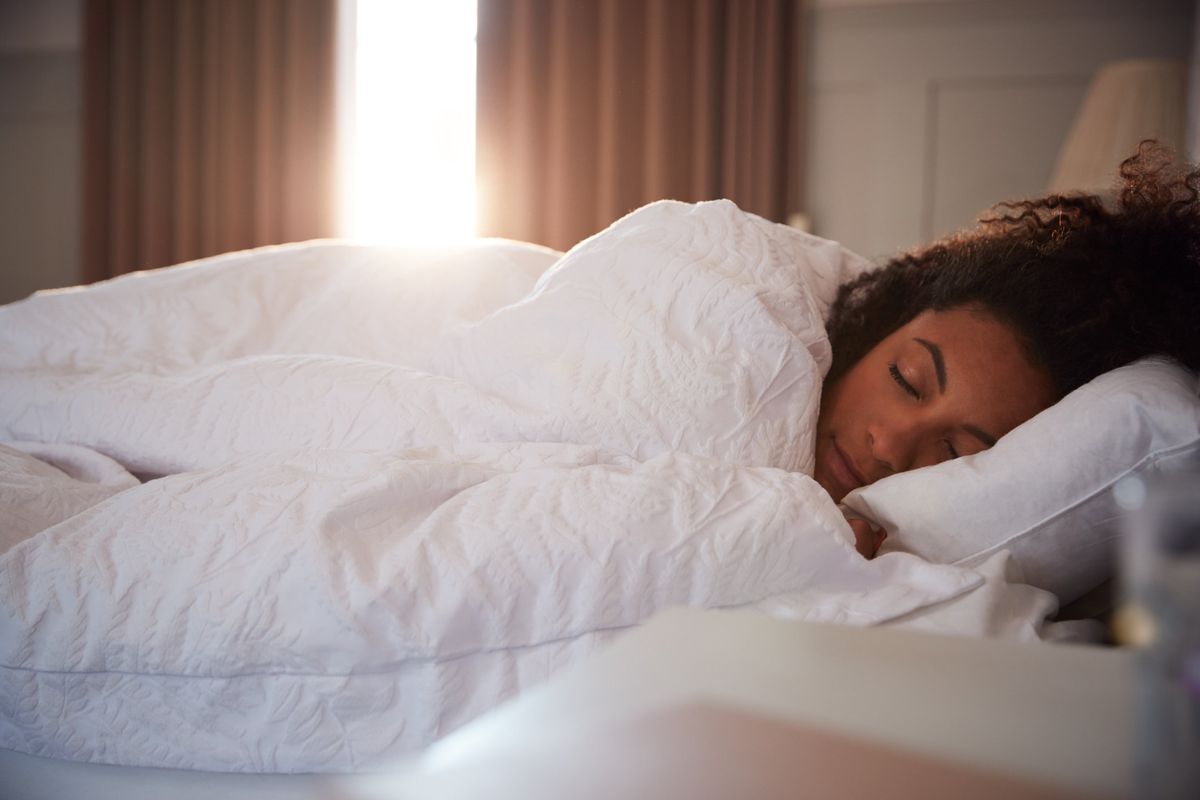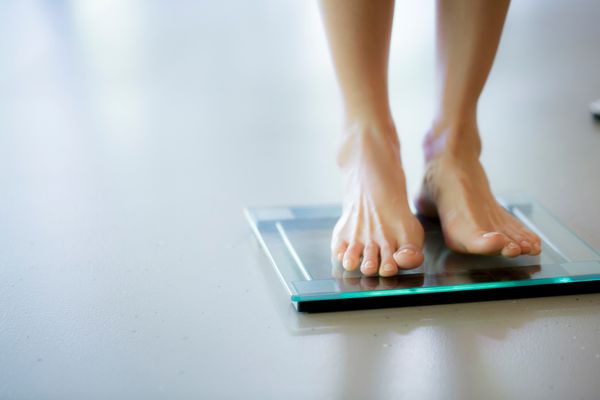No, it's not a dream: sleeping can help you lose weight. But the reasons may not all be as obvious as you think.
It's logical to think that sleeping more can help you have more energy the next day to work out. And a well-rested body is a more efficient one. Waking up refreshed might even rid you of the temptation to skip your morning workout, too.
It's also logical to think that by sleeping more, you're awake for fewer hours. And the more time you spend sleeping, the less time you'll spend in the kitchen, chowing down on your favorite late-night snacks, like sugary, high carbohydrate, calorie-dense foods.
READ MORE: The Truth About Sleep As We Age
But hold up -- there's more. Researchers recently wrote in the Canadian Medical Association Journal that reduced sleep might be a contributor to the current obesity epidemic.
What's the connection? There's growing scientific evidence that a lack of sleep turns on hunger signals in the brain. In addition, skimp on sleep and the hormones leptin and ghrelin - which are associated with appetite - don't work as efficiently. These two hormones control feelings of hunger and fullness. Ghrelin, produced in the gastrointestinal tract, rouses your hunger. Leptin, produced in fat cells, acts like a stopwatch, signaling your brain that it's time to stop eating - that you're full.
Lack of sleep = Low leptin levels = Unregulated eating!
Lack of sleep = High ghrelin levels = Hungry and insatiable!
READ MORE: 10 Strategies for Weight-Loss Success
Other scientific studies back this up. When two groups of study volunteers who were put on a diet were tested after two weeks, the group that got less sleep lost 55% less body fat and 60% more lean body mass than the well-rested group. (You can read some studies here).
Other studies have found people getting seven to eight hours of sleep each night gained less weight than people who got less than six hours of shut-eye per night. Still others concluded more sleep could override the body's genetic influences on weight.
READ MORE: Sleep Apnea Affects Many Women, Too
The next time you're wondering why you're not losing weight, despite your logic and your stellar diet and dedicated exercise regimen, it might be time to consider how much sleep you're logging each night.

Can Sleeping More Really Help You Lose Weight?
No, it's not a dream: sleeping can help you lose weight. But the reasons may not all be as obvious as you think.
Sep 26, 2012
Jul 22, 2020
Self-Care & Mental Health





